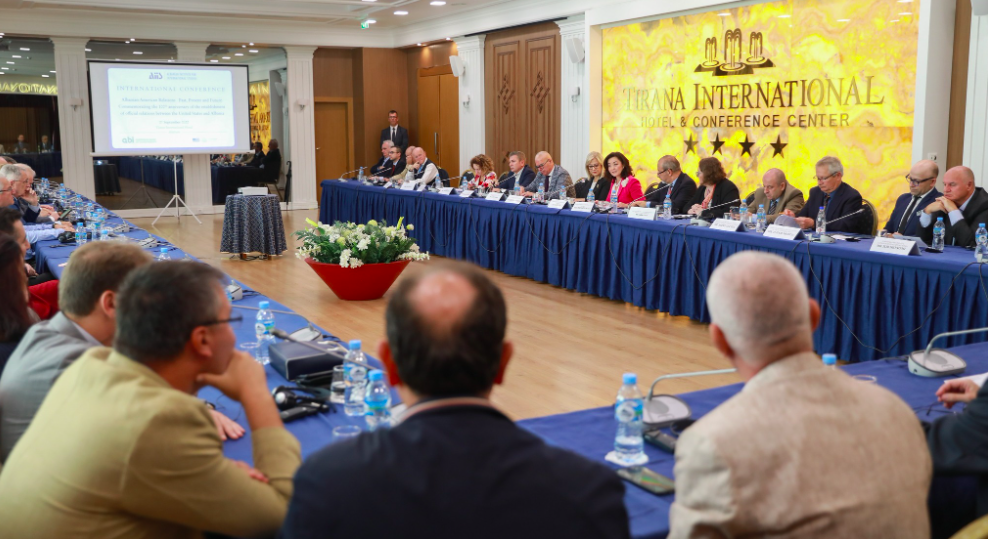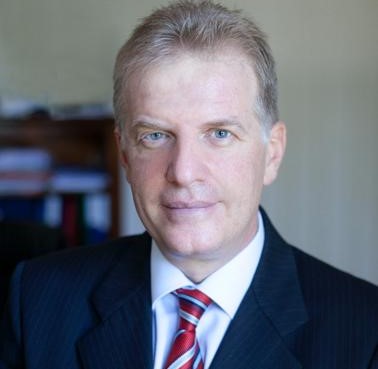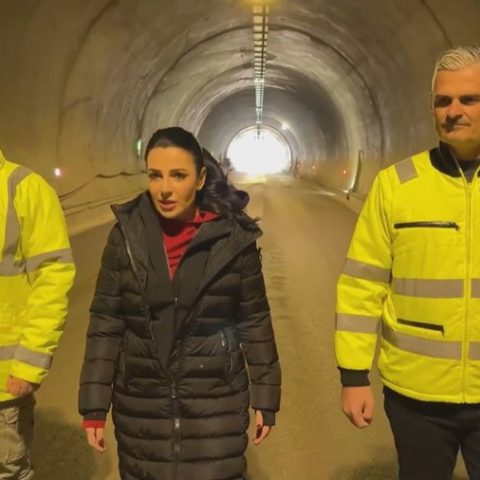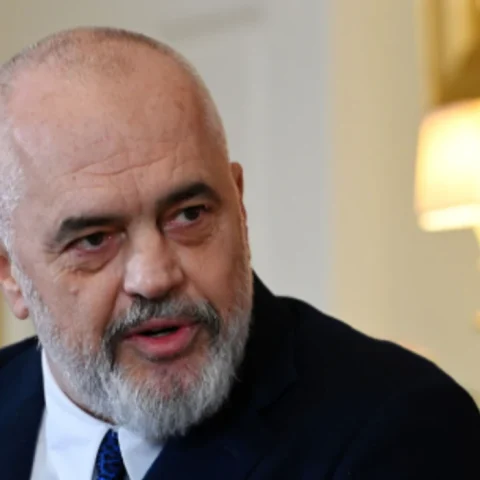TIRANA, Sept. 27, 2022 – The past, present and future of relations between Albania and the United States were the focus of a conference held in Tirana on Tuesday by the Albanian Institute for International Studies to mark the 100th anniversary of establishment of diplomatic relations.
Academics, diplomats and lawmakers examined different aspects of Albanian-American relations, looking at the ups and downs of history and the current path of strong cooperation based on shared values of freedom and democracy.
U.S.-Albania ties strong, officials say
In her remarks, Speaker of Parliament Lindita Nikolla said the United States had served in critical historic moments as the guarantor of independence and statehood for both Albania and Kosovo — and that the United States is helping Albania make its democracy solid and carry out Euro-Atlantic integration reforms.
“The fate of no nation on the planet has been and is as inextricably linked to the United States, our greatest friend and ally, as the the fate of the Albanians,” Nikolla said, adding that “the partnership with the United States … is a cornerstone of Albania’s foreign policy.”
U.S. Ambassador to Tirana Yuri Kim told attendees the United States had always supported the Albanian people even as relations have taken different turns in history, starting with recognition in 1919, and then to 1946, when the communists shut off relations, then to the restart of relations in 1991 and the temporary closure of the embassy during the unrest 1997 and then onward to today as Albania is becoming fully integrated into the Euro-Atlantic community.
“I think that Albania’s future is going to be determined now. There are moments in history when peoples and their leaders face big decisions: Who do they want to be? Where do they want to go?” Ambassador Kim said. “Albania has made its decisions: it wants to integrate into the EU. It wants to remain a close ally of the US. It is moving forward with important reforms that improve justice and reduce corruption. The U.S. is focused on Albania’s future and strengthening relations with it.”
More diversified research needed on relations, AIIS’ Rakipi says
The United States and Albania have built a broad partnership in NATO, at the UN Security Council and cooperate strongly against terrorism, anti-democratic forces and aggressors of sovereign countries, academics speaking at the conference said.
“Membership in NATO has connected Albania in the present and in the future with the West. Regardless of the ups and downs, or the steps back, NATO membership has defined a path for Albania without any dilemmas,” said Albert Rakipi, head of the Albanian Institute for International Studies.
He added that there needs to be a democratization of studies for U.S.-Albanian relations to go beyond myths and provide more critical and diverse views from what has been so far.
“Reviews, debates, scientific research about the future of relations on a theoretical level help the democratization of Albanian-American relations studies. But the democratization of studies is not the goal per se,” Rakipi said. “The goal is to contribute to the construction of policies for the future of relations.”
Academics look at different aspects affecting relations
Looking to the future of relations Bernd Fischer, professor emeritus at Indiana University-Purdue University, noted that upheaval in domestic U.S. politics is likely to have an impact in the country’s foreign policies in general and, as a result, on Washington’s relations with Albania too. The current administration is a known factor, but more isolationist forces could take over in the next legislative and presidential elections, Fischer said.
Historian Elidor Mëhilli, associate professor at Hunter College in New York, pointed out with concern that the Albanian diaspora in the United States is not involved in the life of Albania, even though it is often educated and well off. He added that the efforts had been focused on bringing people back to Albania, and they were not working, so other ways should be looked at to get contribution from the diaspora beyond simply getting remittances for families back home.
Another conference panel focused U.S.-Albania economic ties in the prism of geopolitics and energy security, with presentations from economists, lawmakers and business community representatives.










